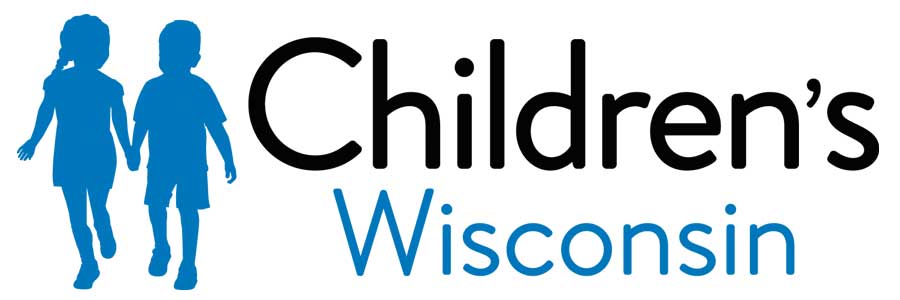Foot care (1314)
Key points below
Feet need care just like the rest of the body. Some people may have poor blood flow (circulation) or decreased feeling (sensation) in their feet. Poor blood flow or decreased feeling can cause many problems.
- Sores might not heal like normal.
- The feet may feel numb or not feel pain.
- The feet may be very sensitive to cold.
If your child has poor blood flow or decreased feeling, special care must be given to the feet to keep them healthy.
Daily care
- Wash your child’s feet with mild soap and water. Do not use soaps with perfume. Be sure to wash in between your child’s toes.
- Do not use water that is too hot. Use your hand to check the water temperature.
- Use a clean towel to gently dry your child’s feet thoroughly, especially between the toes.
- Check the top and bottom of your child’s feet for cuts, cracks, scratches, sores, blisters or calluses. Do not try to remove corns or calluses.
- Call your child’s doctor if you see any redness, swelling, drainage or a sore that isn't healing or seems to be getting worse.
- Once your child’s skin is dry, apply non-perfumed lotion. Do not put lotion on sore areas or between your child’s toes.
Toenail care
- Cut your child’s toenails straight across. Use a clean nail clipper, not a scissors.
- Do not poke at or around the corners of your child’s toenails.
Shoes and socks
- Always have your child wear shoes and/or socks to protect their feet.
- Have your child wear socks or aqua shoes when swimming in a pool or at the beach.
- Have your child wear shoes that fit properly. Your child should not wear pointed or open-toed shoes. Check your child’s skin for red areas after one hour of wearing new shoes.
- Have your child wear clean cotton socks. Cotton absorbs moisture and keeps skin drier.
- Do not let your child wear shoes with torn linings. Remove any small stones or other objects that may have gotten into their shoes.
Activity
- Let your child be as active as possible. Activities such as walking or wheelchair exercises help to improve the blood flow to your child’s feet.
- Do not let your child walk or exercise if they have pain or open sores that rub on shoes, braces or socks.
- If your child’s feet or ankles swell, put the feet up so they are higher than the heart.
Special considerations
- Do not use hot water bottles, heating pads, or electric blankets on your child’s legs or feet.
- Have your child wear warm socks and insulated boots in the winter.
- Do not let your child sit with their legs crossed.
- Protect your child’s feet from sunburn. When outdoors, use a sunscreen with at least a #30 SPF or keep your child’s feet covered with socks or shoes.
- Make sure your child eats well-balanced meals and drinks plenty of liquids.
For other health and wellness information, check out this resource:
https://kidshealth.org/ChildrensWi/en/parents
This sheet was created to help you care for your child or family member. It does not take the place of medical care. Talk with your healthcare provider for diagnosis, treatment and follow-up.


